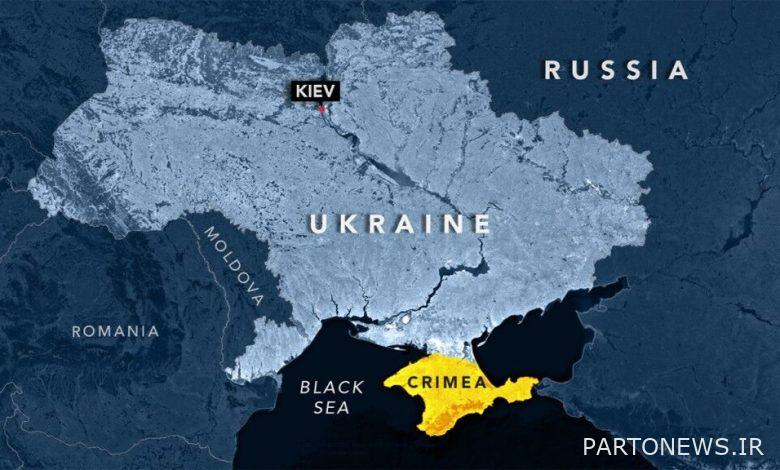“Borderland” in crisis – IRNA

When the “North Slavs” called this land “Ukraine”, it was probably because of its changing and unstable conditions.
Ukraine is a “border territory” in the North Slavic language, which means that the region has been a point of contention between Russia and the rest of Europe from the beginning.
From Moscow’s point of view, Ukraine’s identity is intertwined with that of Russia, and the separation of the two is inconceivable, as part of Russia’s history is traced to Ukraine.
History shows that some wars for the protection of Russia, such as the Battle of Poltava, took place on Ukrainian soil.
The Poltava War between King Peter the Great of Russia and Charles XII of Sweden took place in 1688 and lasted for 21 years, eventually leading to the defeat of Sweden. Russia emerged as a major power in Europe at the end of the war. This war was the starting point for the emergence of Russia in Europe and internationally, and Ukraine is part of this history. Accordingly, from Moscow’s point of view, NATO’s approach to this region is a entry into Russia’s strategic sphere and political geography, and therefore unacceptable.
Ukraine is so sensitive to Russia that after the collapse of the Soviet Union, there was always talk of where “Kiev” would go. West or East? This situation in Ukraine has been a concern not only for Moscow for centuries, but also for the sensitivity of Western countries.
“Russia can be an empire or a democracy, but it cannot be both,” wrote Brzezinski, an American foreign policy theorist in the 1990s, shortly after the collapse of the Soviet Union. “Russia cannot become an empire without Ukraine,” he said.
Although Brzezinski’s remarks are addressed to Russia at first glance, they do reflect Ukraine’s sensitivity to the West. In other words, it can be concluded that from Brzezinski’s point of view, if Ukraine leaves the sphere of Russia’s political geography; In other words, if Ukraine can be fully added to the geopolitics of the Western bloc, then Moscow will not be able to emerge as a major power.
From this point of view, it may be possible to decipher part of the crisis in Ukraine, but the important point is not the reasons for the beginning of the crisis and its roots, but how it will end.
It is unlikely that Russia will want to intervene directly in Ukraine, because it is aware of the consequences, and the West does not see such a plan in itself because it is well aware that it will face a sharp reaction from Moscow; So there is no way out of the Ukraine crisis except through compromise between the parties involved. It is important to note that until the parties are convinced of such a compromise, the Ukraine crisis will continue to erode and could have far-reaching political and economic implications for the region and Europe, including the cessation of major economic projects such as the Stream 2 rolling pipeline. .
According to Washington and Brussels, the Ukraine crisis has threatened the future of NATO and US security policy in Eastern Europe, as well as Ukraine’s territorial integrity.
The Kremlin, on the other hand, sees Ukraine’s accession to Western geopolitics as a threat to its existence and the extent of its power and influence in the region and the world. The non-approach of NATO forces to the 1997 borders in Eastern Europe, as well as the non-membership of Ukraine and Georgia in the North Atlantic Treaty Organization, are among these preconditions, which, of course, do not seem to be easily accepted by the West; Because the acceptance of these preconditions means the abandonment of the former Soviet republics by the West and, of course, the re-creation of Russian sphere of influence from the Black and Baltic Seas to the Pacific.
Finally, it seems unlikely that the two sides in the crisis will have serious intentions for a full-blown military confrontation, but on the other hand, if the actors involved, namely Moscow, Washington, Brussels and, of course, Kiev, can not achieve the same achievement from this playing field. If they leave, then the Ukraine crisis will be the beginning of a new Cold War, this time with Ukraine playing Cuba in the 1960s.
.

